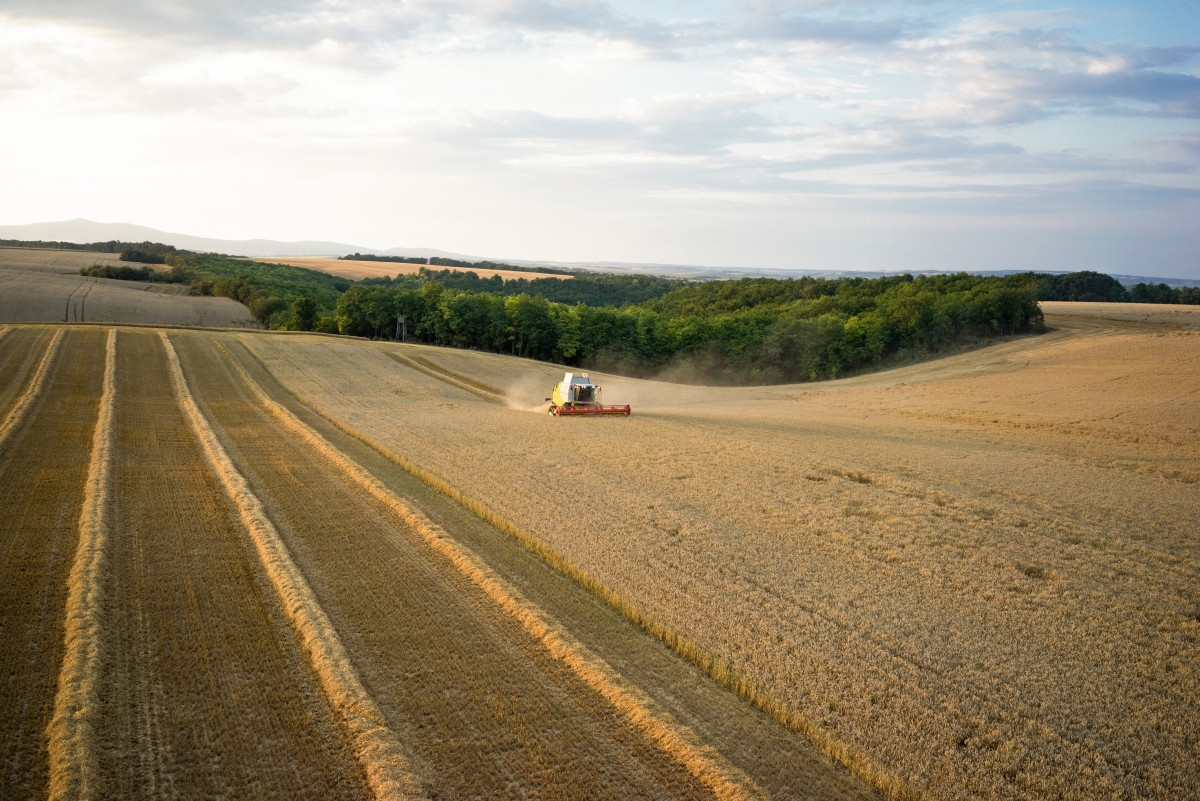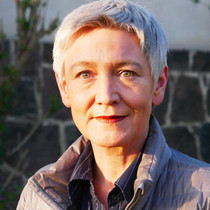Preview 2023: Food supply security, long-term price stability keys for German agriculture – NGO
This interview is part of a series to preview the German and European energy and climate policy year 2023. The other interviews will be published over the coming weeks.
Clean Energy Wire: Energy and climate policy in 2022 has been dominated by Russia's war on Ukraine and the European energy crisis. What impact do you expect the war to have next year, and which other topics will likely dominate the agenda in the agriculture sector in 2023?
Reinhild Benning: The crisis has made it even clearer that global supply chains are fraught with uncertainty and dependency. For example, it is a major problem that industrial agriculture is dependent on synthetic fertilisers, the production of which devours enormous amounts of Russian gas or other energy. Only with more agroecology, such as organic farming, and with more courageous climate and species protection can the price stability of basic foodstuffs be secured in the long term. Massively improving domestic supply security and reducing overproduction of meat and milk by restructuring animal farming are key tasks in the coming year.
Chancellor Scholz's traffic light coalition has just finished its first year in office - what do you think the administration got right so far and what does it have to deliver on most urgently next year?
There have been more setbacks than progress. A government that puts biodiversity and climate protection on agricultural land on the back burner, and does not touch industrial meat production and its land greed, risks the country’s supply security in the long term. Inflationary increases in food prices – without reliable cost-recovery prices for producers – require better laws for a fair distribution of value along the entire supply chain. While in many other countries, even in the UK, excess profits have been decisively taxed, in this country corporations are allowed to continue to enrich themselves at the expense of the poorest.
Which topics have been overshadowed by the crisis in 2022 and should receive more attention in the new year?
Sadly, deaths are not only being reported in Ukraine. The number of hungry people worldwide is rising. The main causes are wars, climate change and competition for land. We in Europe have a duty to contribute to the fight against hunger with more climate protection and a smaller land footprint. To do this, the German government must end support for agrofuels and reduce meat consumption and production. It must make every effort to ensure that the planned EU directive on a sustainable food system becomes a sharp sword for resilience and against hunger.



